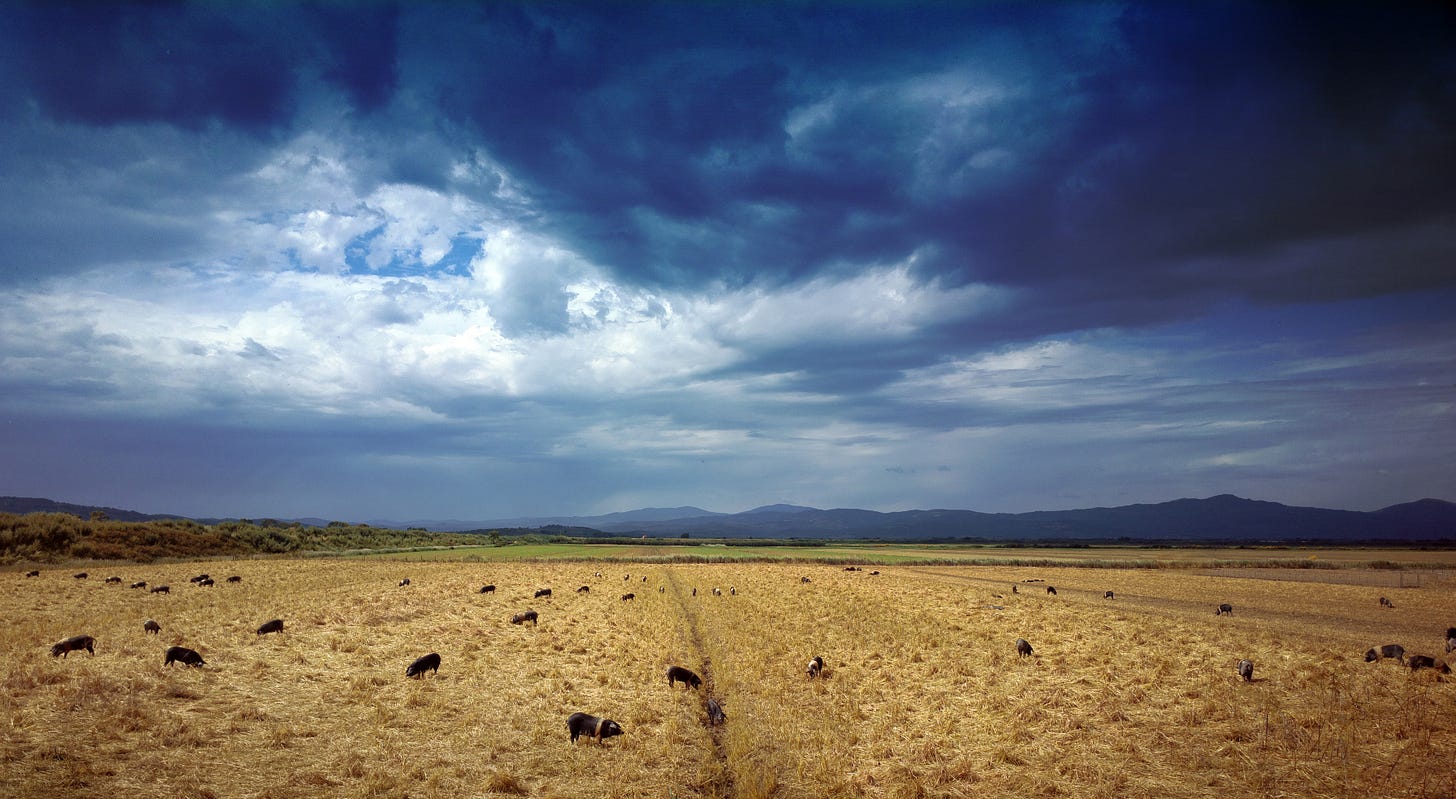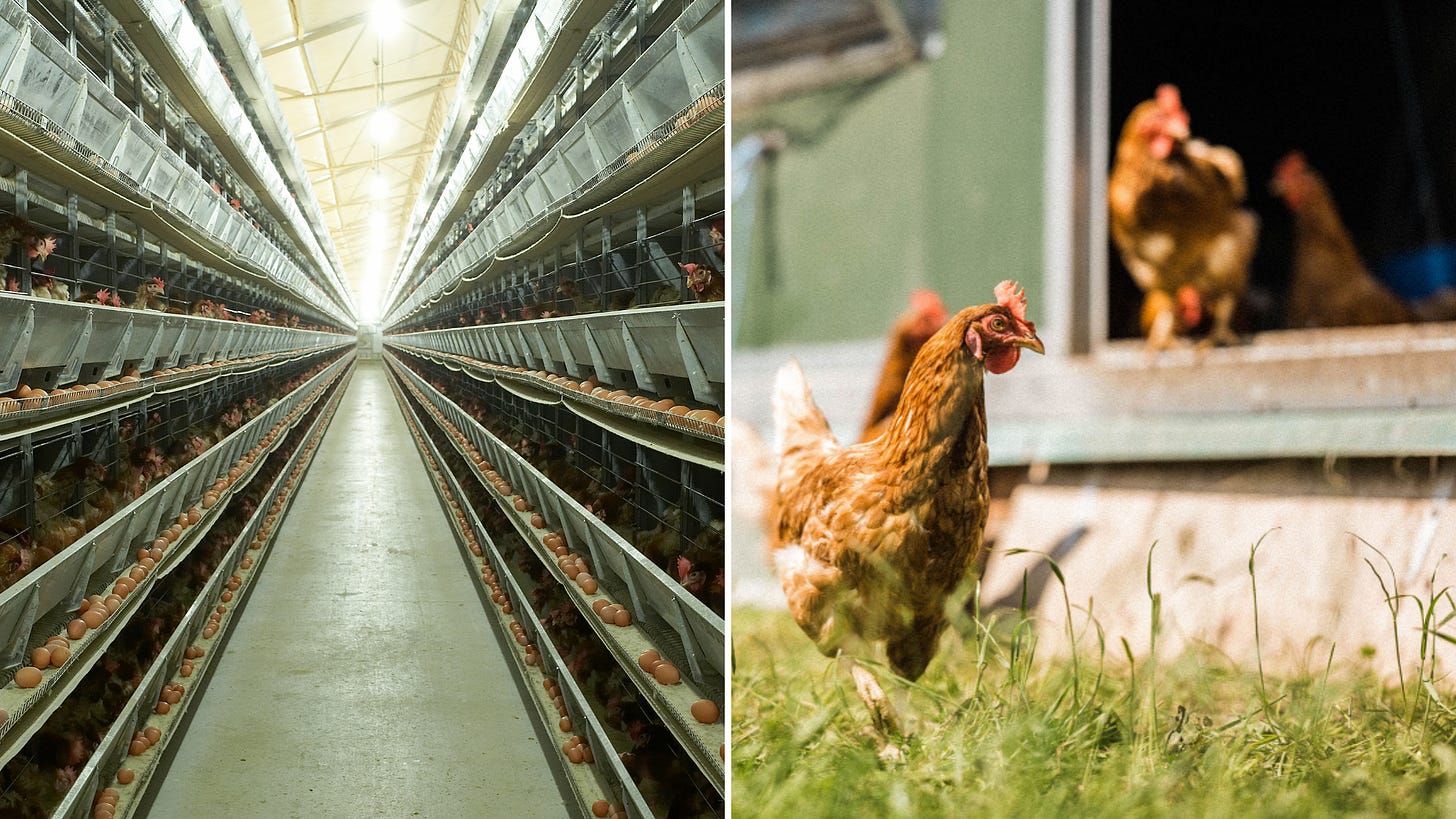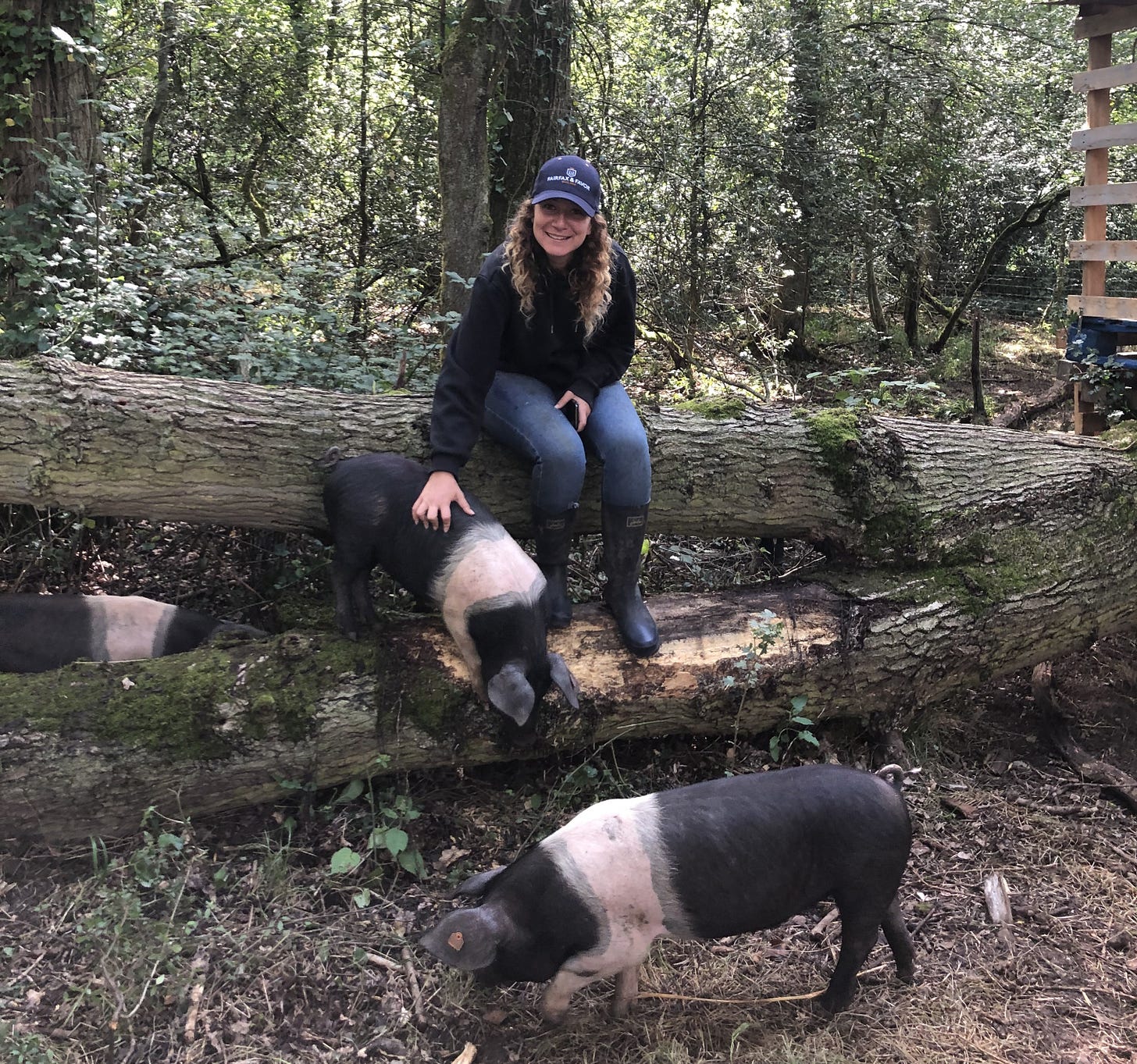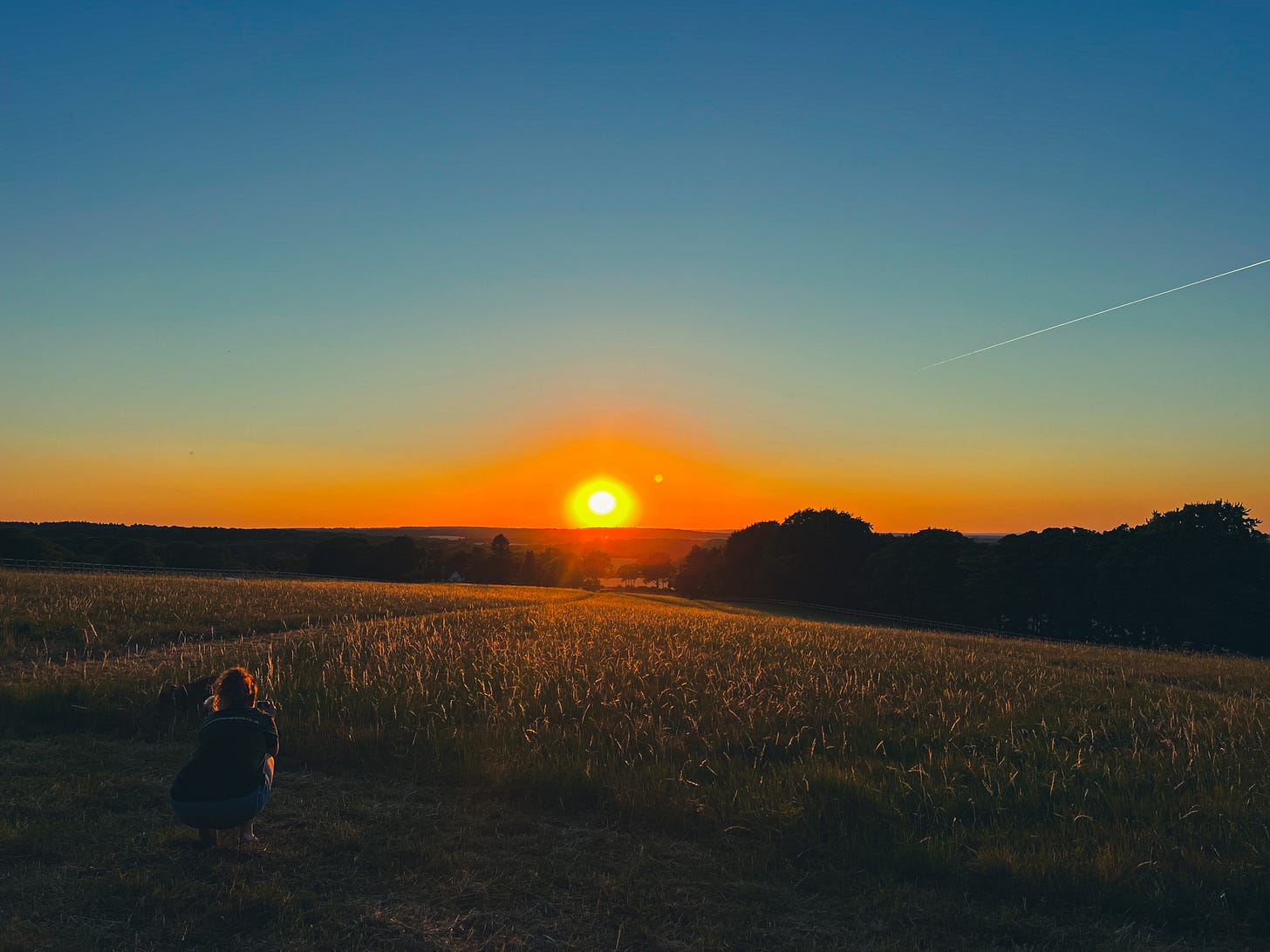Why I Still Believe In Farming
The conclusion to the “Future of Farming” series
Introduction: Standing at the Edge
I’m writing this with the future of my own farm hanging in the balance. By the time you read this, I might be a farmer without land, or I might be heading back into the fields. But one thing is certain: my belief in farming and in the people who feed us has never been stronger.
I started this series to unpack the tangled realities of food security, livestock, crisis, education, and the global threads that bind us. I didn’t expect it to turn into a chronicle of my own fight for survival, or a love letter to the stubborn hope that keeps farmers going. But here we are.
What This Journey Has Shown Me
Food Security and Small Farms: The Heartbeat of the Land
From the very first post, I made it clear: food security isn’t just a policy goal or a headline. It’s a daily struggle for small farms like mine, where every decision, what to plant, what to feed, whether to fight another planning battle, ripples through the whole food system. We are the backbone of local food, and yet we’re often the first to be overlooked, squeezed out, or left behind.
But I’ve seen the power of small farms to do more than just survive. We regenerate land, build biodiversity, and create real, nourishing food. We remind people that food doesn’t come from factories or apps, but from soil, sweat, and care.
Livestock Farming: It’s Not the Cow, It’s the How
If there’s one myth I wish I could erase, it’s that livestock are the villains of climate change. The truth is, it’s not the animals, it’s the system! I’ve seen with my own eyes how pigs, rotated through fields, can heal depleted soil, cut fertiliser use, and close the loop between crops and animals. High-welfare, regenerative livestock farming isn’t just possible-it’s already happening, and it’s part of the solution.
Farming in Crisis: The System Is Broken, But Not the Spirit
This year, the crisis in UK farming has felt sharper than ever. Policy “support” that never reaches the ground. Funding for robots and gene-edited crops, but not for people or soil. Planning delays, inheritance taxes, and a sense that the countryside is being carved up for those with the deepest pockets. I’ve felt that silence, that isolation, and I know I’m not alone.
But I’ve also seen farmers refusing to give up and finding new ways to sell direct, join forces, or just keep going one season at a time. The system may be broken, but the spirit of farmers is not.
The Future of Farming Education: We Learn Together
I never went to ag college. Most of what I know, I learned from mistakes, neighbours, and the generosity of strangers. The new face of farming education isn’t a classroom - it’s a field, a WhatsApp group, a muddy festival, or a late-night DM from a farmer halfway across the world. We’re building a movement where learning is open, peer-driven, and shaped by real experience. That’s how change happens.
Farming Without Borders: Our Struggles Are Shared
If this series has taught me anything, it’s that no farmer is truly alone. Whether you’re in Hampshire, Kentucky, or Kerala, the fight is the same: to keep farming, to do right by the land, to survive. The labels, the policies, the subsidies - they all change. But the need for regeneration, for justice, for a food system that values people and planet, is universal.
The solidarity I’ve found through protests, stories, and shared heartbreak gives me hope that we can build something better, together.
Why I Still Believe
So why, after all this, do I still believe in farming?
Because I’ve seen land heal, even after years of neglect. I’ve seen communities rally, neighbours share feed, strangers become friends. I’ve watched piglets take their first wobbly steps, and I’ve felt the quiet pride of a well-turned field.
Because I know that farmers, whatever the headlines say, are innovators, caretakers, and fighters. We don’t give up easily, even when the odds are stacked against us.
Because I’ve learned that even if I lose my land, I won’t lose my voice. I will keep telling these stories, keep fighting for better policy, keep building community - whether I’m farming in Hampshire, or writing from a rented flat.
Introducing AgStackers: Building Our Own Community
Before I close, I want to share something new and close to my heart. A while back, my friend and fellow Substack writer Liz Reitzig called those of us who write about food and farming here “AgStackers.” The name stuck with me because even though there’s still no official category for farming or food producers on Substack (despite petitions and plenty of us here), there’s a real hunger for connection among us.
So today, I’m launching the very first AgStackers discussion thread - a free, welcoming space for anyone who farms, gardens, writes, or cares about food and rural life. Whether you’re raising pigs, growing veg, running a CSA, or just passionate about real food and resilient communities, ALL are invited.
How to join in:
Introduce yourself - what do you grow, raise, or care about?
Share a story, a challenge, or a hope for the future of farming.
Let us know what you’d love to see in a community like this.
Or just say hi if you’re new! (If your not a farmer or food producer but want to get started we’d love to help you.)
This is just the start. I’ll be curating a monthly AgStackers Roundup, featuring stories, resources, and highlights from our group, so early contributors might be featured! My hope is to build something lasting and supportive, a true home for our voices and stories.
👉 Join the AgStackers thread here!
(It’s free and open to all!)
Join, Subscribe, and Grow With Us
If this series has resonated with you, I’d love for you to stick around.
Subscribe for free to get more stories, insights, and updates on food security, farming, and rural life delivered straight to your inbox.
Consider a paid subscription if you want to support independent, farmer-led writing and help shape the future of this community.
Most importantly - join the AgStackers thread! Introduce yourself, share your experiences, or just say hello and help us grow something new and needed.
This isn’t just my story, it’s ours. Let’s see what we can build together.
Thank you for reading, for supporting, and for believing in the future of farming.
With hope,
H x








Your words carry the weight of the land, the heartbreak of uncertainty, and the quiet but powerful tenacity that so many farmers and folk share.
Thank you for voicing what so many small farmers and rural communities feel but struggle to say. The clarity, the grit, the hope, it all rings so true.
“The system may be broken, but the spirit is not” I’ll carry that with me.
Thank you for speaking up for the small farmers